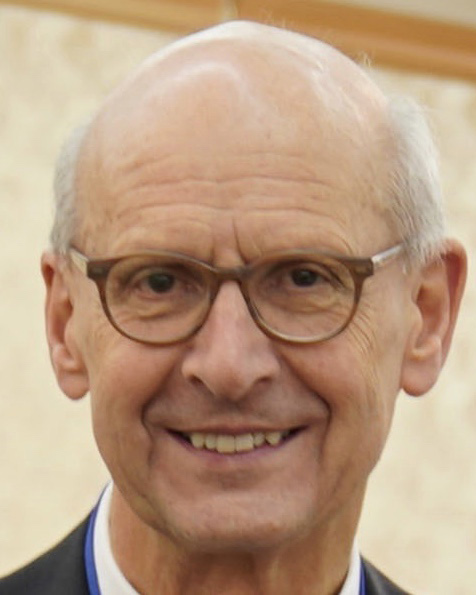‘The Wonders of Metabolism’

Ronald Wanders
On the first day of the Dutch Translational Metabolism Conference, Ronald J.A. Wanders (Professor Emeritus at the Amsterdam UMC) will initiate our ‘Honorary lecture’ series. In this annual event we honor scientists who embody the true spirit of translational research in the field of metabolism. In their honorary lecture, we ask awardees to focus on the path that led to their career and also provide an outlook to the future, and thereby to inspire and educate the next generation of scientists. This year we wish to honor Ronald Wanders for his contributions to the ‘Wonders of Metabolism’, because he exemplifies the characteristics of a true leader in our field.
Ronald Wanders studied Chemistry at the University of Amsterdam, with a specialization in Biochemistry. He earned his PhD on Mitochondrial Metabolism at the E.C. Slater Institute for Biochemical Research (University of Amsterdam) under supervision of Prof. dr. Joseph M. Tager. He continued his career at the Medical faculty of the University of Amsterdam for his postdoctoral studies at the Department of Pediatrics with the prime aim to set up an Enzyme Unit to determine the enzymatic basis of Inherited Metabolic Diseases. He furthermore studied a group of a newly identified diseases caused by an impairment in either peroxisome biogenesis, with Zellweger Syndrome as prototype, or in one of its metabolic functions, as in X-linked adrenoleukodystrophy. He was awarded the title of Full Professor in 1996 and became Head of the Laboratory Genetic Metabolic Diseases at the Academic Medical Center, Amsterdam University Medical Center in 2003.
Thanks to his work in collaboration with many others, the Amsterdam center for peroxisomal disorders has become one of the leading centers worldwide for clinical, as biochemical and genetic basis of peroxisomal disorders. Apart from his work on peroxisomes and peroxisomal disorders, he has contributed to other groups of Inherited Metabolic Diseases, including the mitochondrial Fatty Acid Oxidation disorders, as well as Barth syndrome. He has published over 1000 peer-reviewed papers, contributed to more than 50 book chapters, supervised more than 40 PhD-students, and has continued working as a senior scientist in the Laboratory Genetic Metabolic Diseases even after his formal retirement in 2018.
